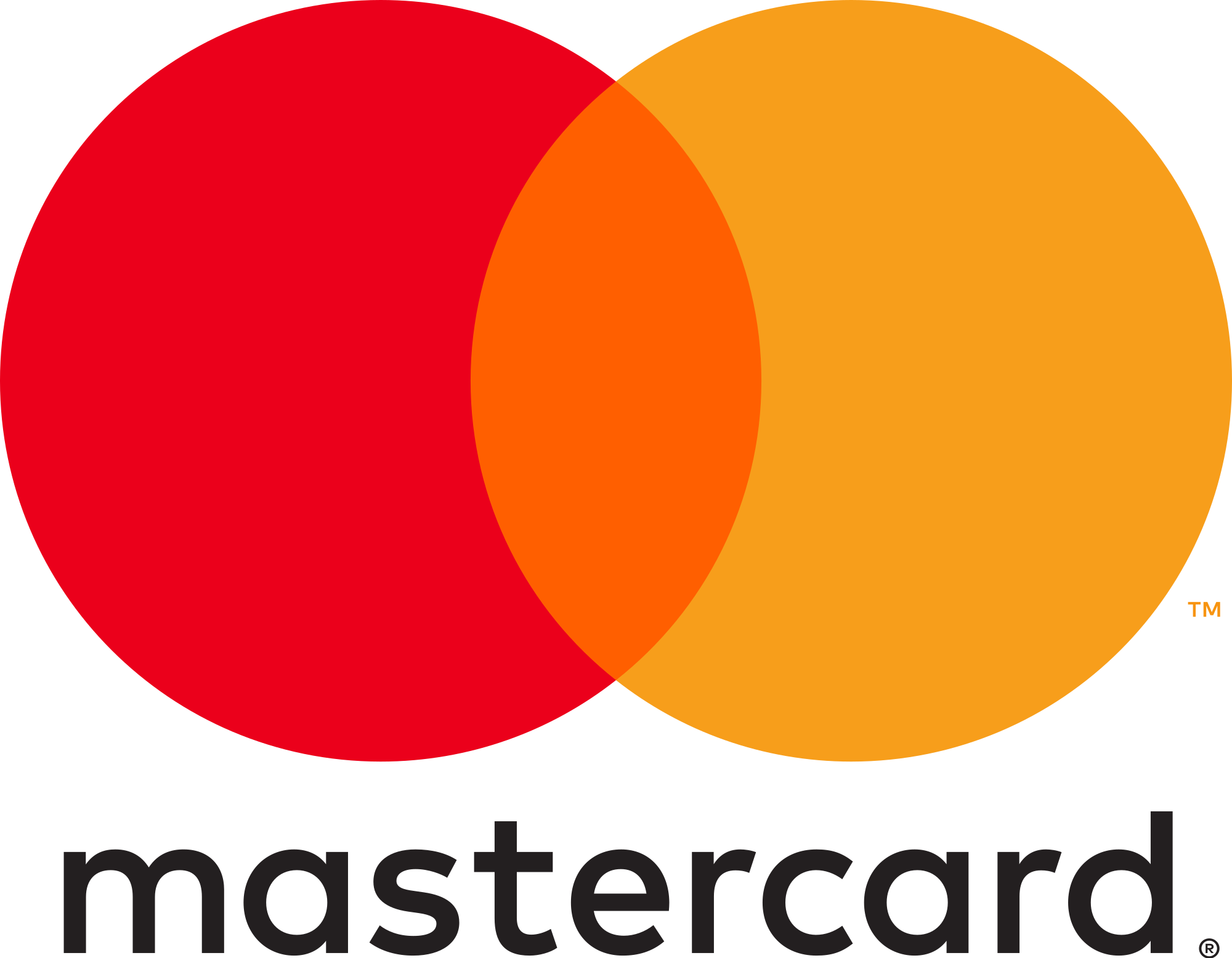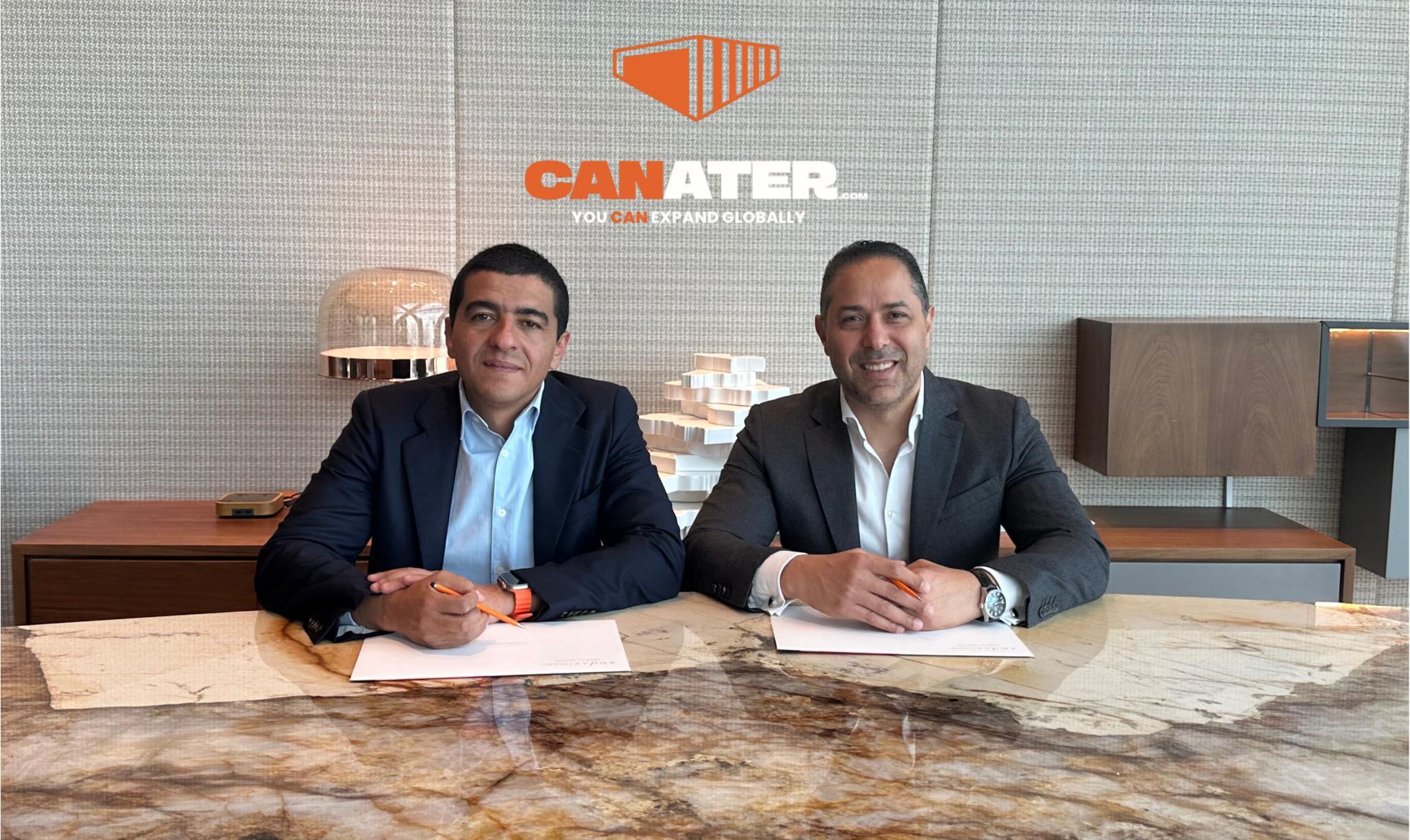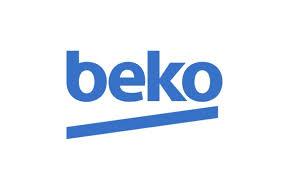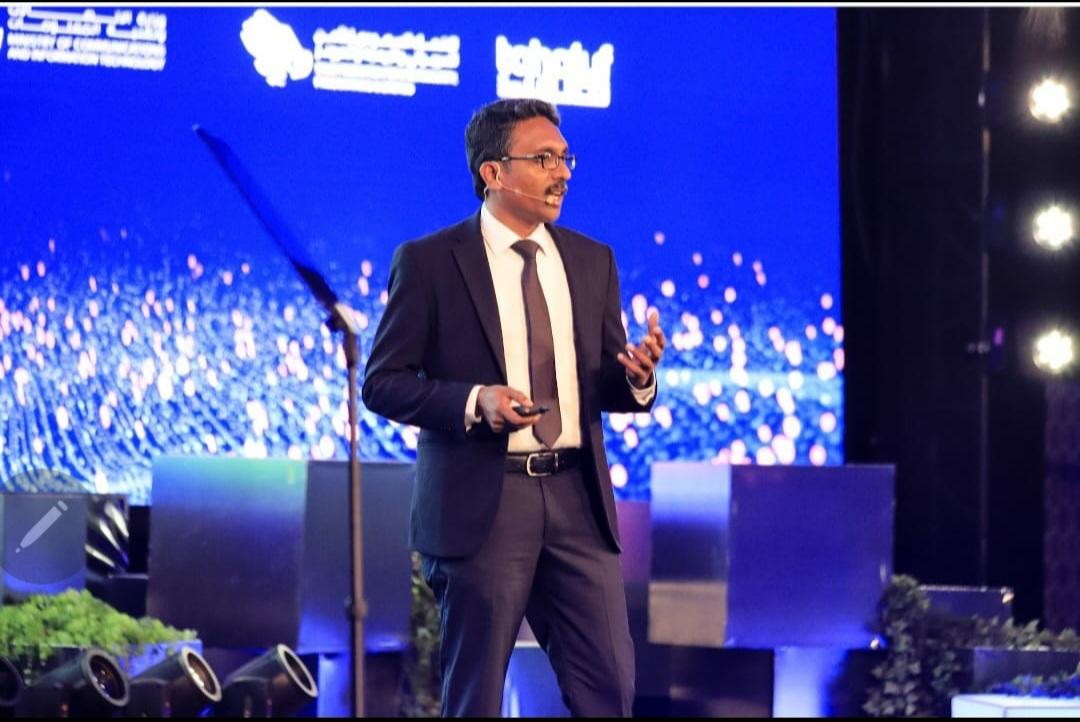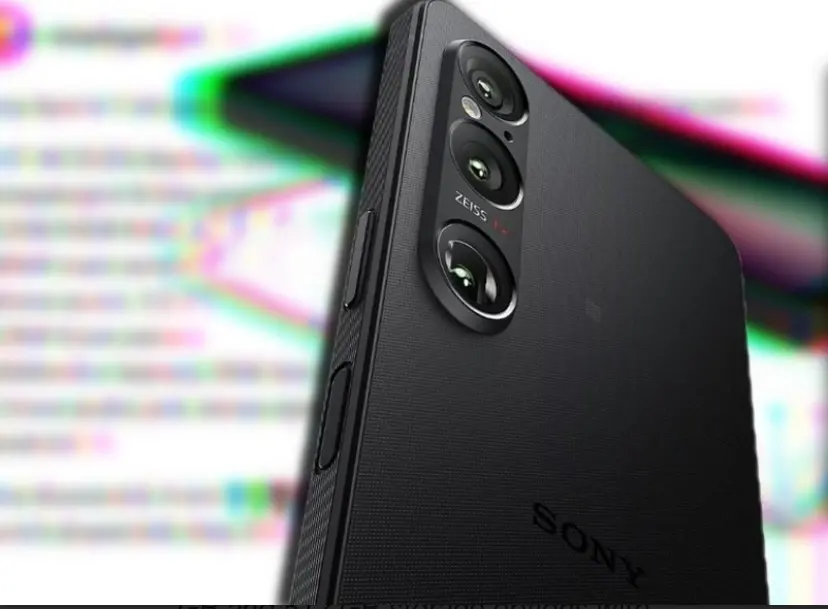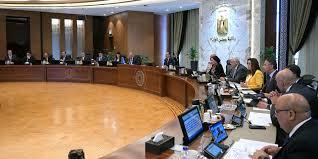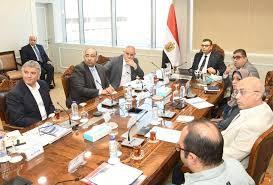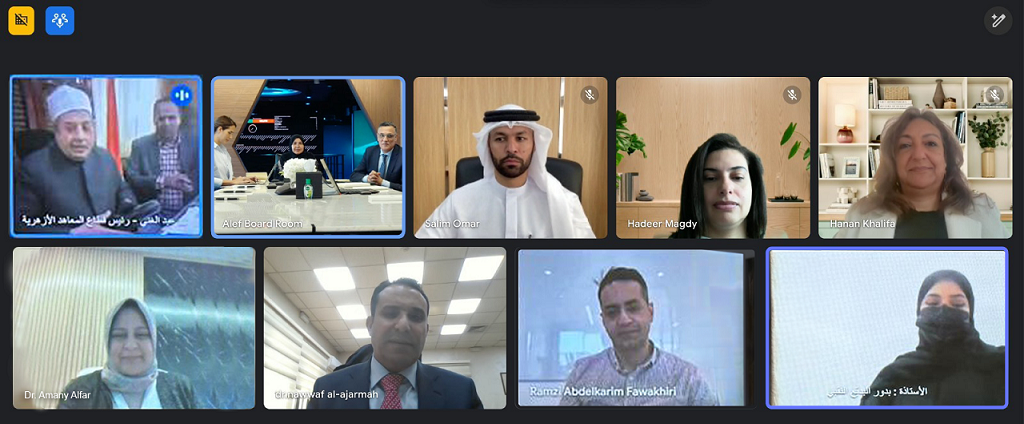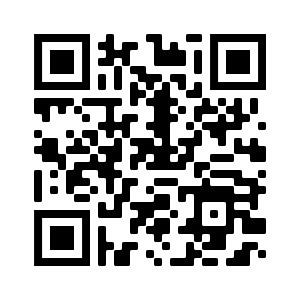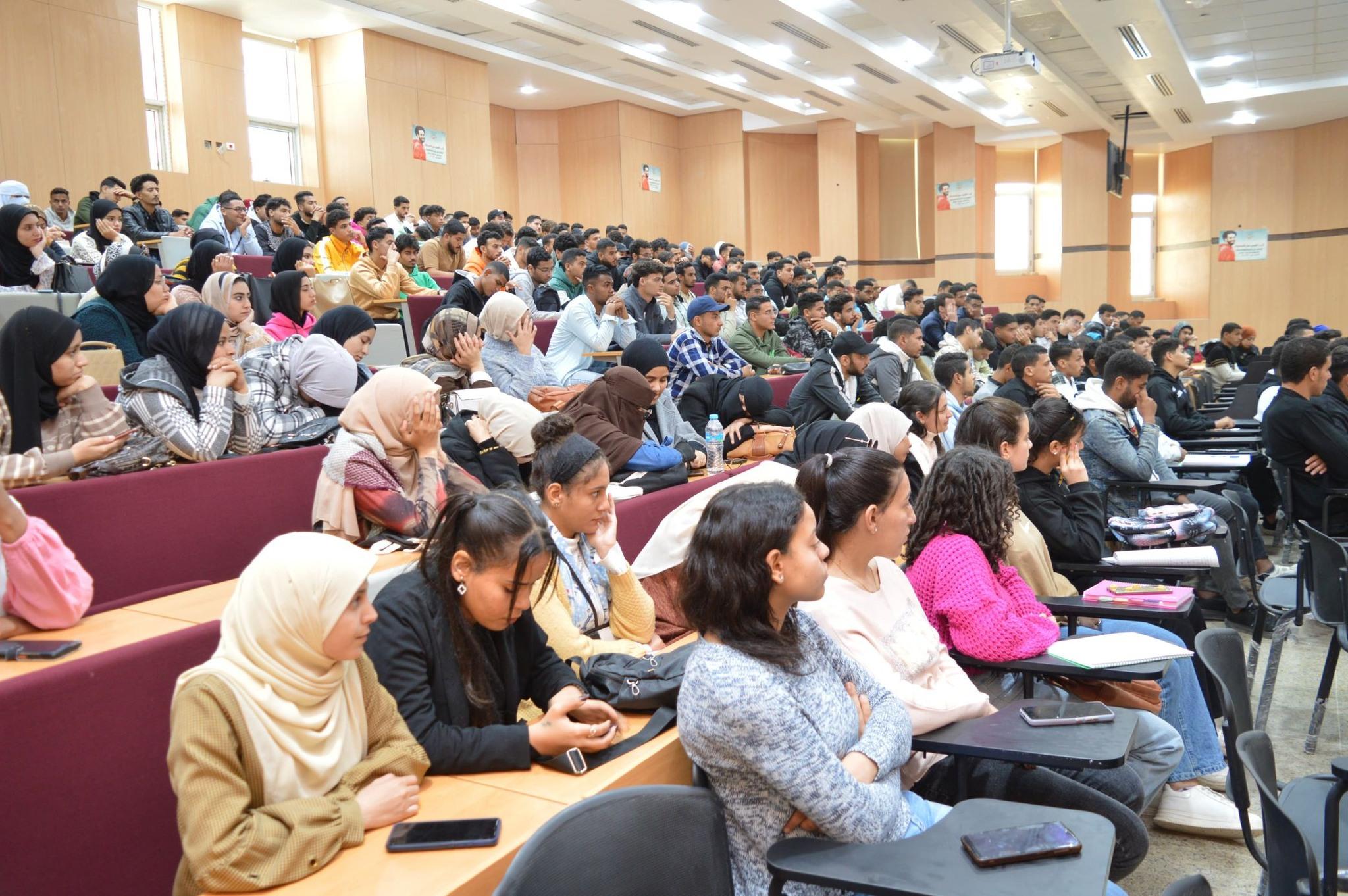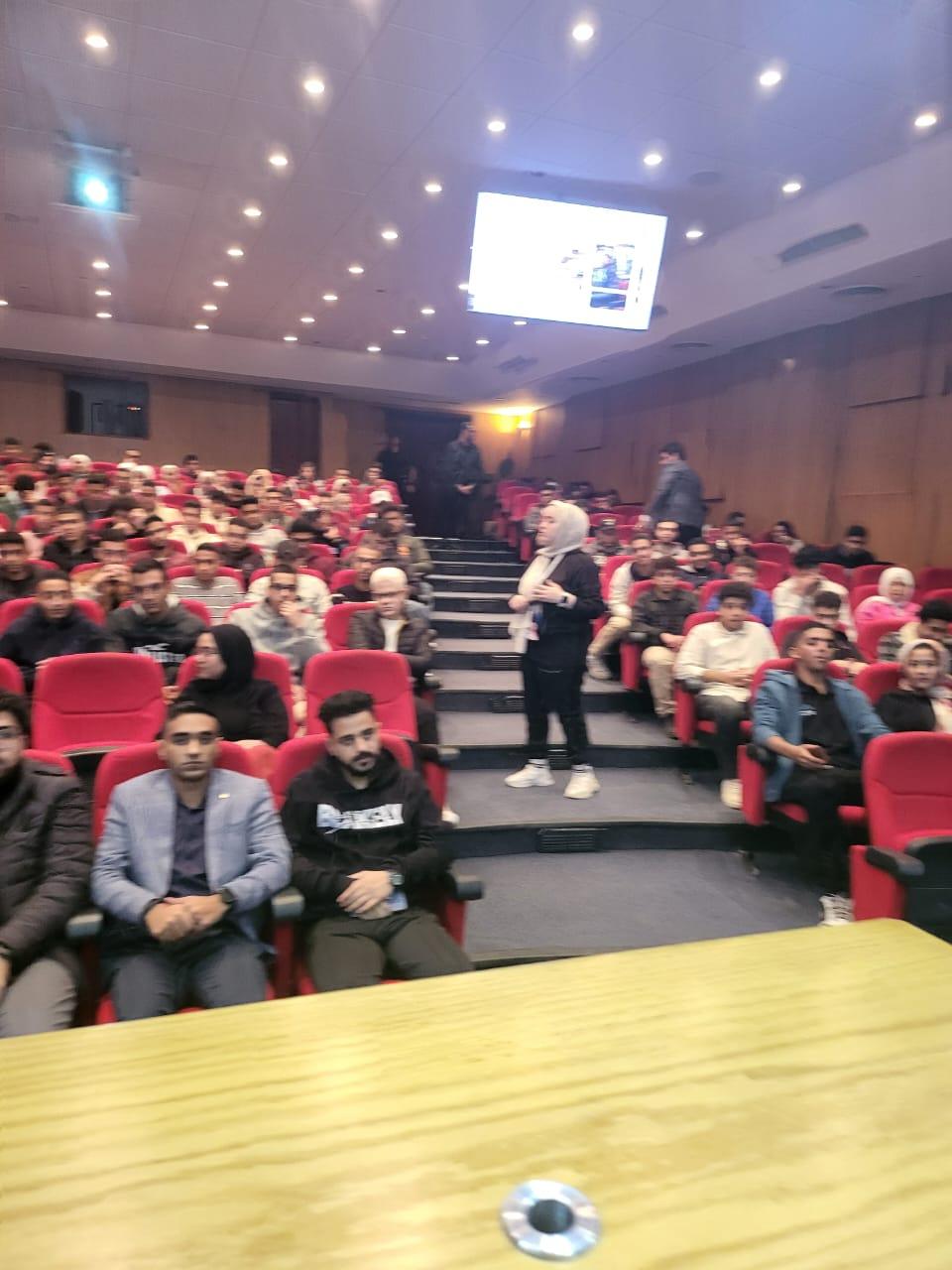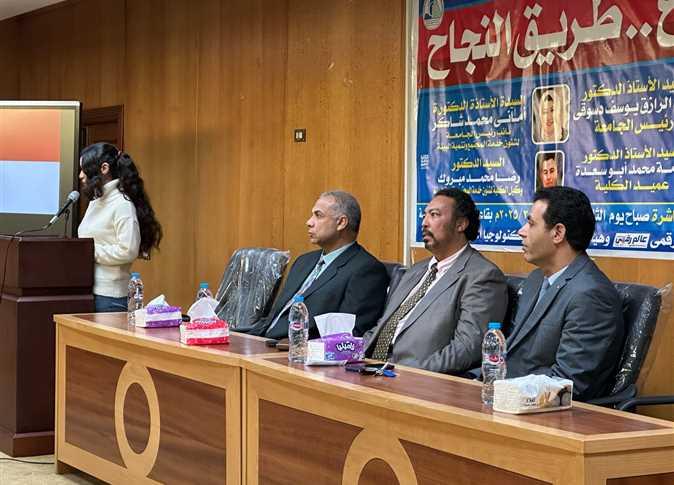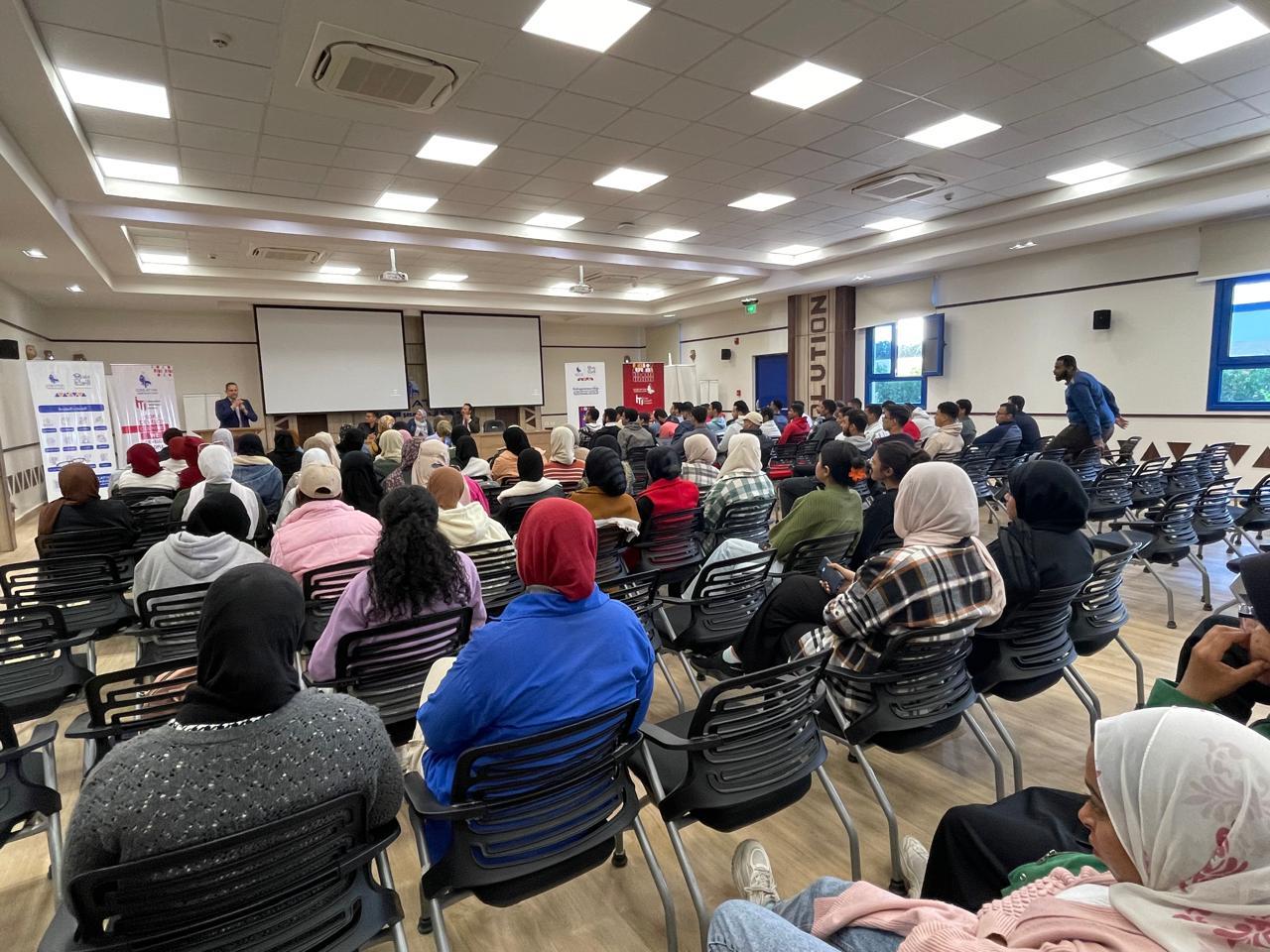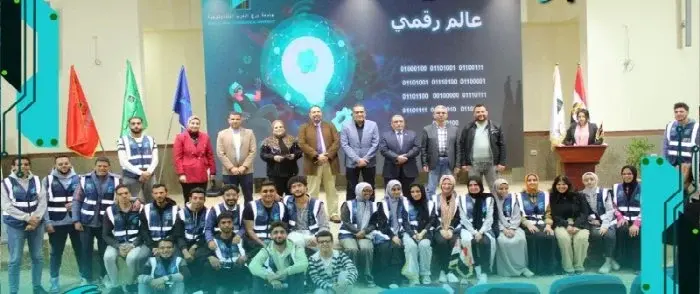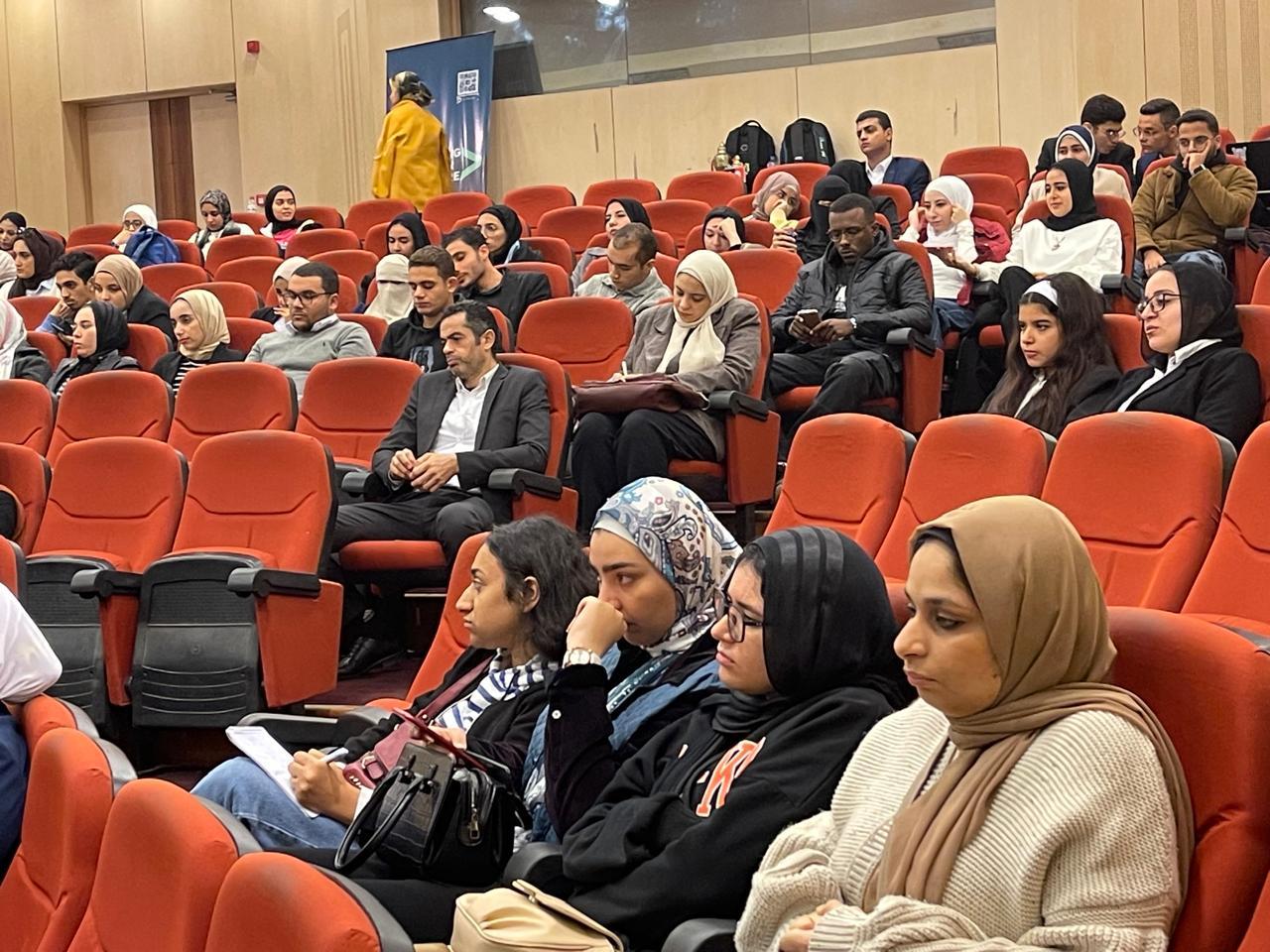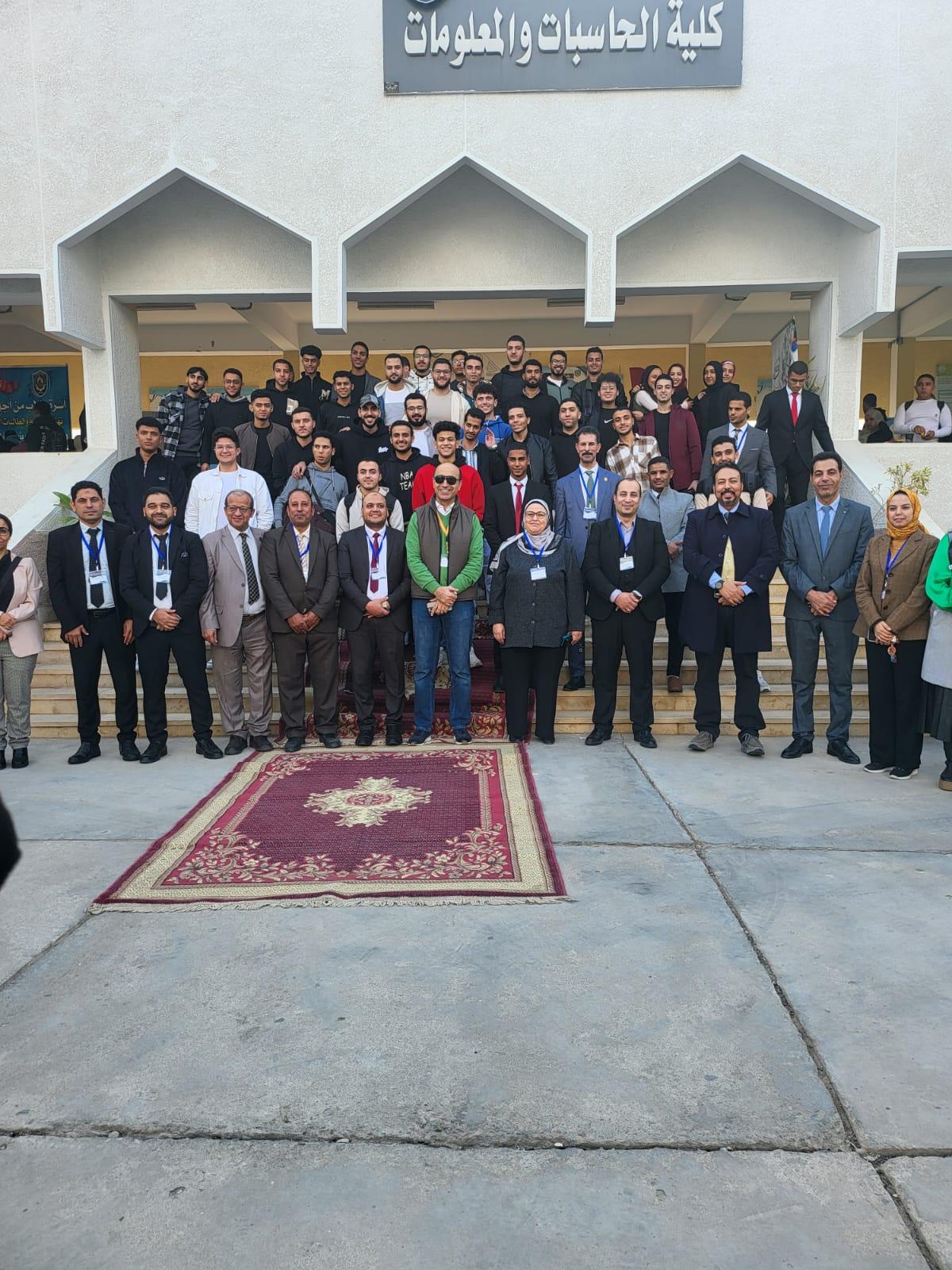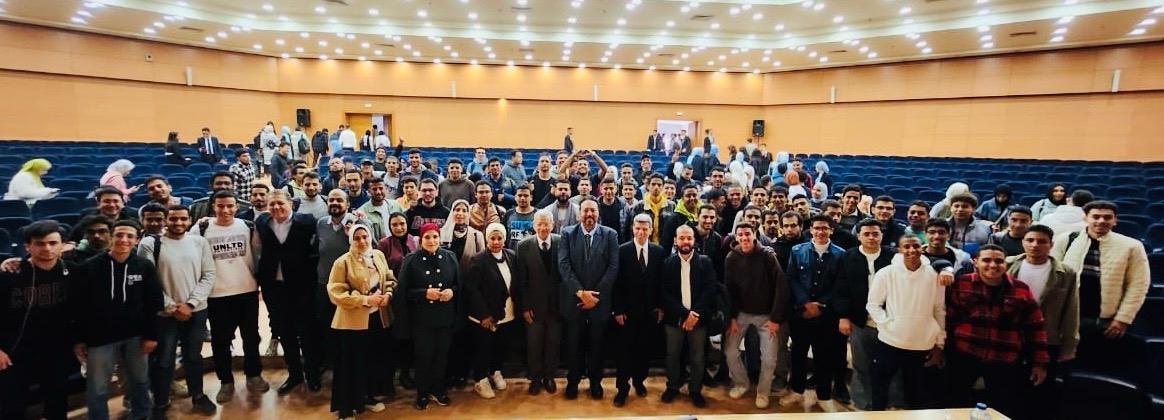In a Mastercard global consumer study, seven in 10 in the Middle East & Africa say they use contactless payments
· Additionally, the Central Bank of Egypt has raised the contactless payment limit in Egypt to EGP 600, helping consumers to hygienically pay for groceries during the COVID-19 pandemic
· Between February and March, contactless payments in the region grew four times as fast as non-contactless transactions in the grocery and pharmacy categories
· Mastercard has also collaborated with Egypt’s mobile network operators and banks to launch a digital self-registration feature for mobile wallets that enable remote and safe payment options
By ; Nelly All – Saber Mohamed
During March, as many countries in the Middle East and Africa (MEA) imposed necessary restrictions on social distancing, a significant majority of consumers turned to contactless card payments for necessary purchases. 70 percent of respondents in the MEA region say they are now using contactless payments, citing safety and cleanliness as key drivers. Consumer polling by Mastercard, studying changing consumer behaviors in 19 countries around the world, paints a picture of accelerated and sustained contactless adoption.
The act of running to the store for eggs, medicine and other necessities has changed dramatically. Shoppers around the world have had to adjust to social distancing measures and other new challenges when buying everyday supplies for their families and loved ones. This shift in consumer behavior is particularly clear at checkout, as people express a desire for contactless, and voice concerns over cleanliness and safety at the point of sale, according to the new Mastercard study. In fact, findings from respondents in the Middle East & Africa show:
· Contactless Move to Top of Wallet – Perceptions of safety and convenience have spurred a preference for contactless cards and reminded consumers of the convenience of tapping on a global scale. Six in 10 (61 percent) respondents in the region have swapped out their top-of-wallet card for one that offers contactless.
· Confidence in Contactless – The global disruption has led to increased concern from consumers on cash usage and positive perceptions towards contactless due to the peace of mind that it provides. 70 percent of respondents in the region say they are now using some form of contactless payment. Amidst the pandemic, 84 percent agreed that contactless is a cleaner way to pay. Furthermore, 79 percent said contactless payment methods have been easy to adopt. Contactless payments are up to 10 times faster than other in-person payment methods, enabling customers to get in and out of stores faster.
· Contactless is Here to Stay – We are in a sustained period in which consumers are making purchases in a very focused way; it’s reinforcing contactless use in markets where adoption is more mature, and it’s stimulating use in newer markets. This trend appears to be here to stay. Nearly two in three respondents (64 percent) confirmed that the pandemic has led them to use less cash, and 81 percent said they will continue to use contactless post-pandemic.
“In addition to prioritizing physical safety, it is crucial to ensure that Egyptians can complete their everyday transactions amidst social distancing recommendations. The Central Bank of Egypt (CBE) has made important and supportive decisions in the wake of this pandemic – in addition to doubling the CVM limit to EGP 600, it has also allowed mobile network operators and banks to offer a digital self-registration service for mobile wallets, so consumers won’t have to leave their homes. Mastercard supports these initiatives, which are part of our efforts to facilitate digital and contactless transactions in Egypt, thereby providing safe, secure and efficient payment solutions, while encouraging social distancing,” said Magdy Hassan, Mastercard's General Manager for Egypt and Pakistan.
In addition to encouraging contactless payments, Mastercard has worked closely with the CBE, partners, and governmental entities, to leverage its expertise and technology to facilitate the self-registration of mobile wallets in Egypt. Egypt currently has over 14 million mobile wallets that allow consumers to pay bills online, shop and transfer money from the safety of their homes. While previously, Egyptian consumers were required to visit a branch to register for the mobile wallet service, the CBE’s decision to allow mobile network operators and banks to offer digital self-registration services for mobile wallets, accelerates the digitization of financial transactions, provides safe, secure and efficient payment solutions for everyone, while encouraging social distancing.
Egyptian consumers can now self-register for wallets through trusted digital channels of mobile network operators with more issuers expected to allow for this feature in the coming weeks.
